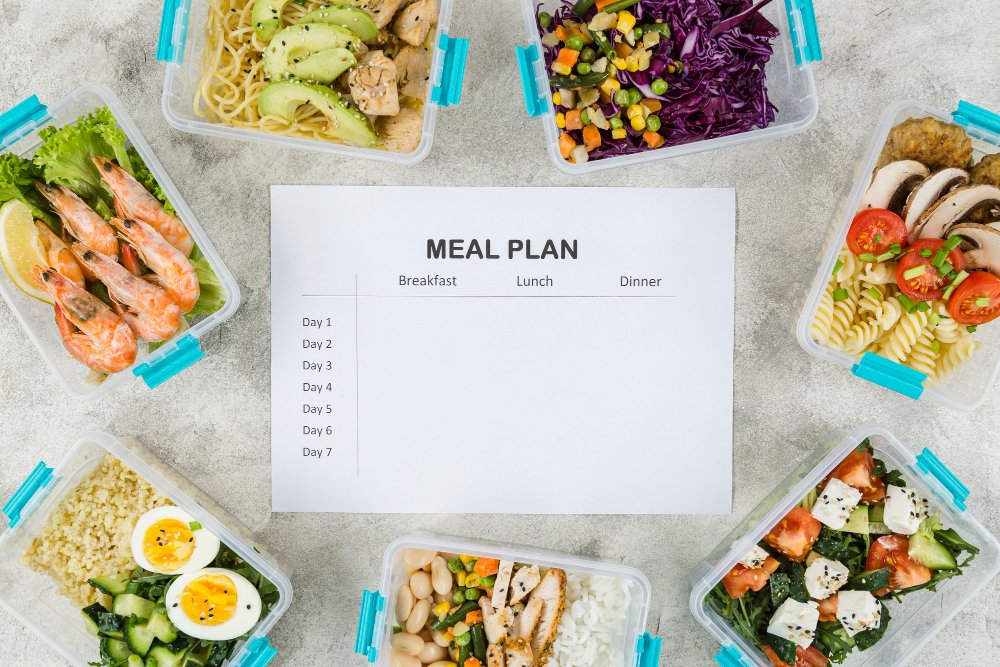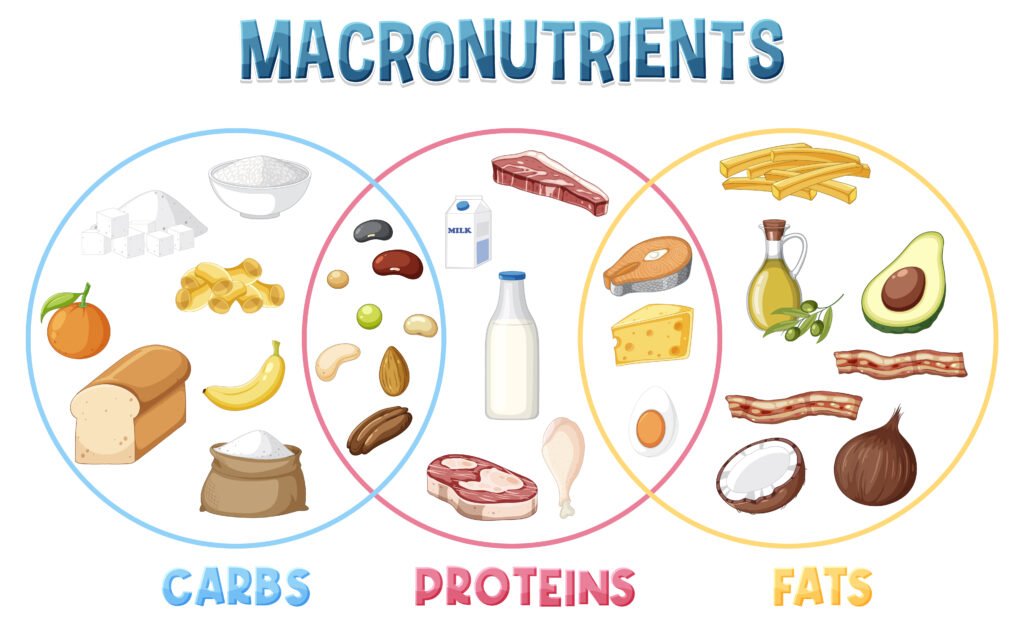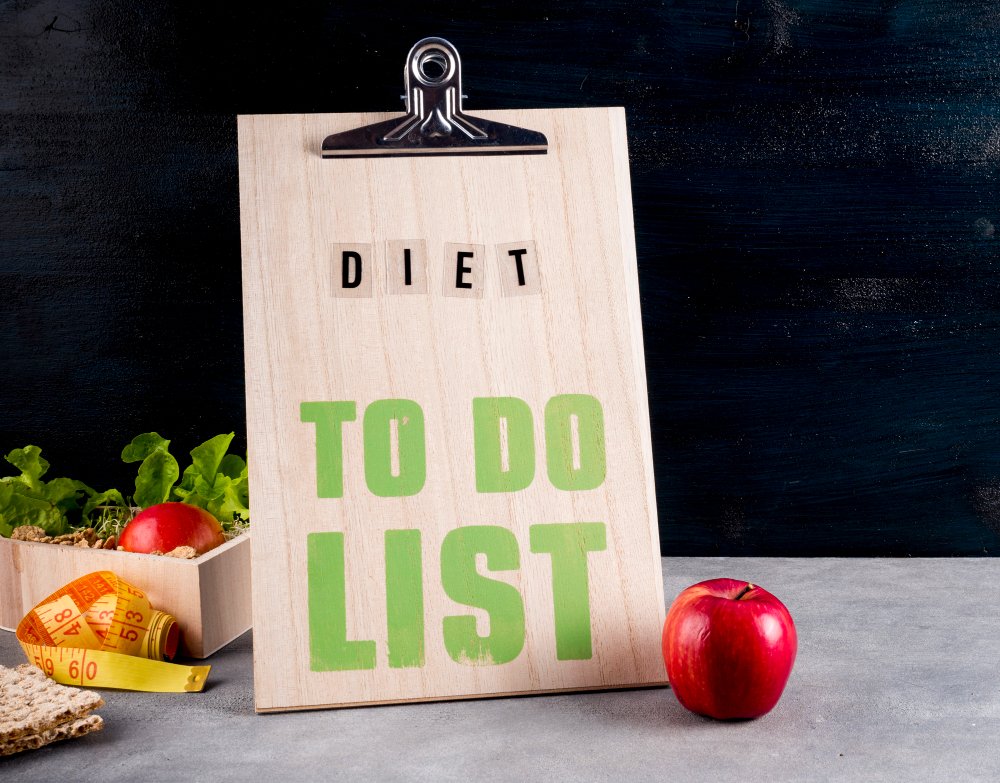Table of Contents
Introduction
Are you looking to boost your energy levels, maintain a healthy weight, and nourish your body? If so, the 2300 calorie meal plan may be the perfect solution. With a carefully balanced combination of macronutrients and micronutrients, this meal plan helps you achieve sustainable energy and overall well-being. Whether you’re an athlete, fitness enthusiast, or simply someone looking to maintain a healthy lifestyle, the 2300 calorie meal plan offers a comprehensive approach to meet your nutritional needs while fueling your body for peak performance.
Why Choose a 2300 Calorie Meal Plan?
The 2300 calorie meal plan is ideal for individuals with active lifestyles or those looking to maintain their current weight while staying energized throughout the day. Depending on your age, gender, and activity level, this calorie range supports muscle maintenance, metabolism, and daily energy expenditure. It provides an optimal amount of calories to ensure you’re receiving sufficient energy from food without overeating, making it a sustainable option for long-term health.

This plan is particularly beneficial for those who engage in moderate-to-high-intensity workouts, strength training, or cardio exercises. By maintaining a 2300 calorie meal plan, you’ll have enough fuel to power through your day and exercise sessions without feeling fatigued or deprived. Additionally, this calorie range provides a buffer for post-workout recovery, ensuring that your muscles are adequately nourished and replenished.
The Macronutrient Breakdown
A well-structured 2300 calorie meal plan focuses on macronutrients—carbohydrates, proteins, and fats—to provide the body with the necessary nutrients for sustained energy and growth. The general macronutrient distribution in this plan is as follows:
- Carbohydrates: 45-55% of total calories (around 260-315 grams)
- Proteins: 15-20% of total calories (about 86-115 grams)
- Fats: 25-35% of total calories (around 64-89 grams)
These ratios may vary slightly based on your personal goals, preferences, and specific dietary needs. However, this structure ensures you get a balanced intake of essential nutrients.
1. Carbohydrates
Carbohydrates are your body’s primary source of energy. Including a variety of complex carbohydrates in your 2300 calorie meal plan will help maintain steady blood sugar levels and prevent energy crashes. Sources like whole grains, fruits, vegetables, and legumes provide essential fiber, vitamins, and minerals to keep you feeling full and energized.
2. Proteins
Protein is crucial for muscle repair, recovery, and growth, especially for active individuals. A 2300 calorie meal plan should include lean protein sources such as chicken, fish, tofu, beans, and eggs to support muscle maintenance. Consuming protein throughout the day helps with satiety and keeps you from overeating during meals.
3. Fats
Healthy fats play a vital role in brain function, hormone production, and absorption of fat-soluble vitamins. The 2300 calorie meal plan includes heart-healthy fats from sources like avocados, nuts, seeds, olive oil, and fatty fish to provide long-lasting energy and promote overall health.

Sample 2300 Calorie Meal Plan
Here is a day’s worth of meals and snacks, offering a balanced approach to meeting your 2300 calorie meal plan goals. This example includes a mix of whole foods that provide essential nutrients to fuel your day while ensuring variety and flavor.
Breakfast (600 calories)
- 2 scrambled eggs with spinach and bell peppers
- 1 slice of whole-grain toast with avocado spread
- 1 cup of mixed berries
- 1 tablespoon of chia seeds
- Black coffee or green tea
Start your day with a nutrient-dense meal that combines protein, healthy fats, and fiber-rich carbohydrates. The eggs provide ample protein, while the avocado and chia seeds offer healthy fats. The berries and whole-grain toast deliver carbohydrates and fiber to keep you full and energized throughout the morning.
Morning Snack (200 calories)
- 1 medium apple
- 1 tablespoon almond butter
For your morning snack, enjoy a balance of carbs and fats to keep hunger at bay. The apple provides natural sugars and fiber, while almond butter adds healthy fats and a touch of protein to sustain your energy levels.
Lunch (650 calories)
- Grilled chicken breast (4 ounces) with quinoa (1 cup)
- Steamed broccoli and carrots (1 cup each)
- 1 tablespoon olive oil drizzled over vegetables
- 1 small orange
Lunch focuses on lean protein, fiber-rich carbohydrates, and healthy fats. The chicken and quinoa provide a solid protein-carb combination, while the olive oil offers healthy fats. Vegetables supply fiber and antioxidants to support overall health, and the orange adds a burst of vitamin C.
Afternoon Snack (200 calories)
- Greek yogurt (1 cup) with honey (1 teaspoon) and walnuts (1 ounce)
This snack is perfect for keeping your energy levels stable between lunch and dinner. Greek yogurt provides protein and probiotics for gut health, while walnuts add hearty fats. A drizzle of honey gives a touch of sweetness without too many added sugars.
Dinner (600 calories)
- Baked salmon (4 ounces) with roasted sweet potatoes (1 cup)
- Mixed green salad with olive oil vinaigrette (1 tablespoon olive oil)
- 1/2 avocado
For dinner, this meal delivers a rich source of omega-3 fatty acids from salmon, combined with complex carbohydrates from sweet potatoes and healthy fats from avocado. The salad provides fiber and essential vitamins, and the olive oil vinaigrette offers additional heart-healthy fats.
Evening Snack (150 calories)
- 1 cup of air-popped popcorn with a sprinkle of nutritional yeast
- 1 small piece of dark chocolate (about 1 ounce)
This light evening snack satisfies your craving for something salty and sweet while keeping calories in check. Popcorn is a low-calorie, high-fiber snack, and dark chocolate provides antioxidants and a touch of indulgence without derailing your 2300 calorie meal plan.
Tips for Success with the 2300 Calorie Meal Plan
- Stay Hydrated: Water is essential for digestion, nutrient absorption, and overall well-being. Aim to drink at least 8-10 glasses of water per day to stay hydrated and support your body’s functions.
- Meal Prep and Planning: Preparing your meals ahead of time can help you stick to your 2300 calorie meal plan without the temptation of unhealthy options. Batch cooking on weekends or preparing ingredients in advance will make your meal plan easier to follow.
- Track Your Progress: Keep a food diary or use a nutrition app to track your calorie intake and ensure you’re meeting your 2300 calorie meal plan goals. Monitoring your progress will help you stay on track and make adjustments if needed.
- Include Variety: To prevent meal plan fatigue, incorporate a wide variety of fruits, vegetables, proteins, and grains. Experiment with new recipes and flavors to keep your meals exciting and nutritious.
- Listen to Your Body: While the 2300 calorie meal plan is designed to meet your energy needs, it’s important to listen to your body. If you’re feeling extra hungry on workout days, consider adding a nutritious snack. Conversely, if you’re feeling full or lethargic, adjust your portion sizes accordingly.

Benefits of the 2300 Calorie Meal Plan
Adopting a 2300 calorie meal plan comes with several key benefits, especially for individuals seeking to optimize their energy and well-being:
- Sustained Energy Levels: The balanced intake of macronutrients ensures that your body has a steady source of fuel throughout the day, preventing energy crashes.
- Muscle Maintenance: For those who engage in regular physical activity, this plan provides enough protein to support muscle growth and recovery, helping you maintain lean muscle mass.
- Healthy Weight Management: By consuming an adequate amount of calories, you avoid overeating or undereating, making it easier to maintain a healthy weight and avoid unnecessary weight gain or loss.
- Improved Mental Clarity: The right balance of nutrients supports brain health and cognitive function, keeping you sharp and focused throughout your day.
- Enhanced Recovery: The inclusion of healthy fats and proteins aids in muscle recovery, allowing you to bounce back quicker after workouts or physical exertion.

Long-Term Sustainability
The 2300 calorie meal plan isn’t just a short-term fix; it’s a sustainable way of eating that promotes long-term health and vitality. By incorporating nutrient-dense, whole foods into your daily routine, you’ll be better equipped to manage your energy levels, maintain a healthy weight, and feel your best. Plus, the variety and flexibility of this meal plan make it easy to adapt to your personal preferences and lifestyle.
Incorporating the 2300 calorie meal plan into your life allows for flexibility, sustainability, and a balanced approach to nutrition. Whether you’re looking to maintain your current weight, increase your energy levels, or fuel your workouts, this meal plan can help you achieve your goals while nourishing your body with the essential nutrients it needs.
Frequently Asked Questions:
1. What is a 2300 calorie meal plan?
A 2300 calorie meal plan is a structured eating plan that provides 2300 calories per day. It is designed to meet the nutritional needs of individuals based on their activity level, weight goals, and health conditions. This plan focuses on a balance of macronutrients (proteins, carbohydrates, and fats) to support energy, muscle maintenance, and overall health.
2. Is a 2300 calorie meal plan good for muscle building?
Yes, a 2300 calorie meal plan can support muscle building, especially when combined with strength training exercises. It provides enough calories to fuel workouts and repair muscle tissue. Including a higher amount of protein (such as lean meats, legumes, and eggs) can further support muscle growth.
3. How do I ensure I’m getting enough nutrients on a 2300 calorie meal plan?
To ensure adequate nutrient intake, diversify your food choices and prioritize whole, unprocessed foods. Include a variety of vegetables, fruits, whole grains, lean proteins, and healthy fats. Consider adding fortified foods or supplements for specific nutrients like calcium, vitamin D, or omega-3s, especially if you follow a restrictive diet.
4. Can I lose weight on a 2300 calorie meal plan?
Whether you lose, maintain, or gain weight on a 2300 calorie meal plan depends on your individual caloric needs. If your daily energy expenditure is higher than 2300 calories, you may lose weight. However, if you consume more calories than you burn, you may gain weight. It’s essential to tailor the plan according to your goals.
1 thought on “Unlock Boundless Energy: The Ultimate 2300 Calorie Meal Plan for Vibrant Health”